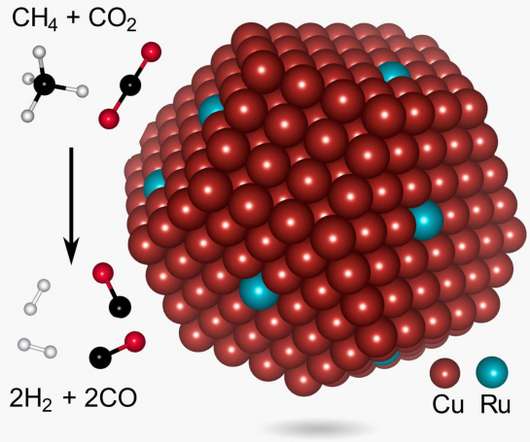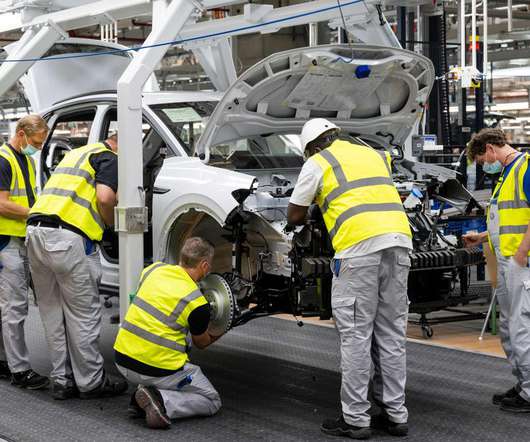Global Carbon Project: Global carbon emissions growth slows, but hits record high
Green Car Congress
DECEMBER 5, 2019
Driven by rising natural gas and oil consumption, levels of CO 2 are expected to hit 37 billion metric tons this year, according to new estimates from the Global Carbon Project (GCP), an initiative led by Stanford University scientist Rob Jackson. In 2019, consumption of coal is expected to drop 11% in the U.S.—down











































Let's personalize your content